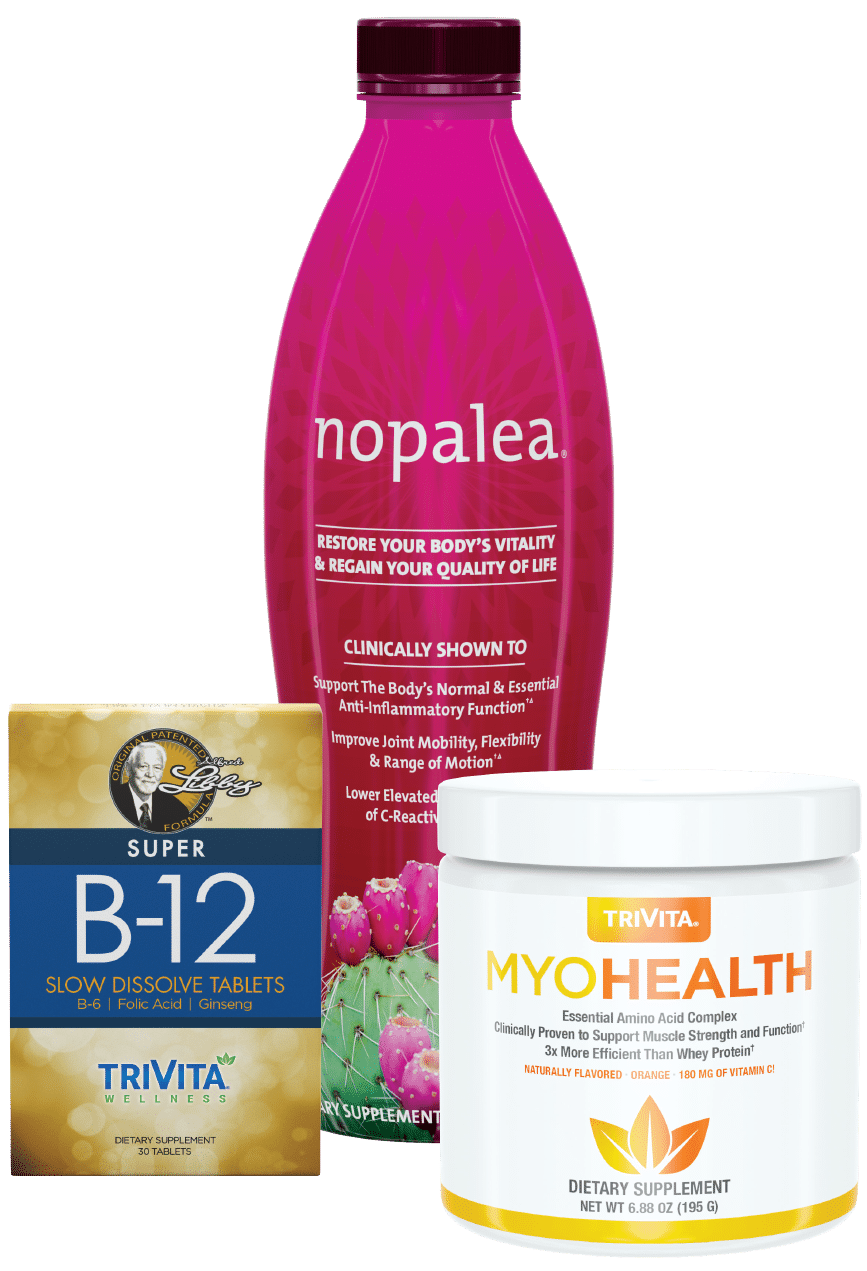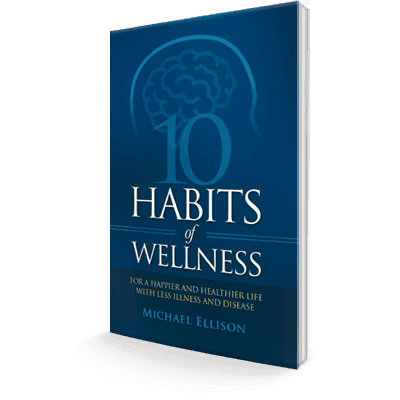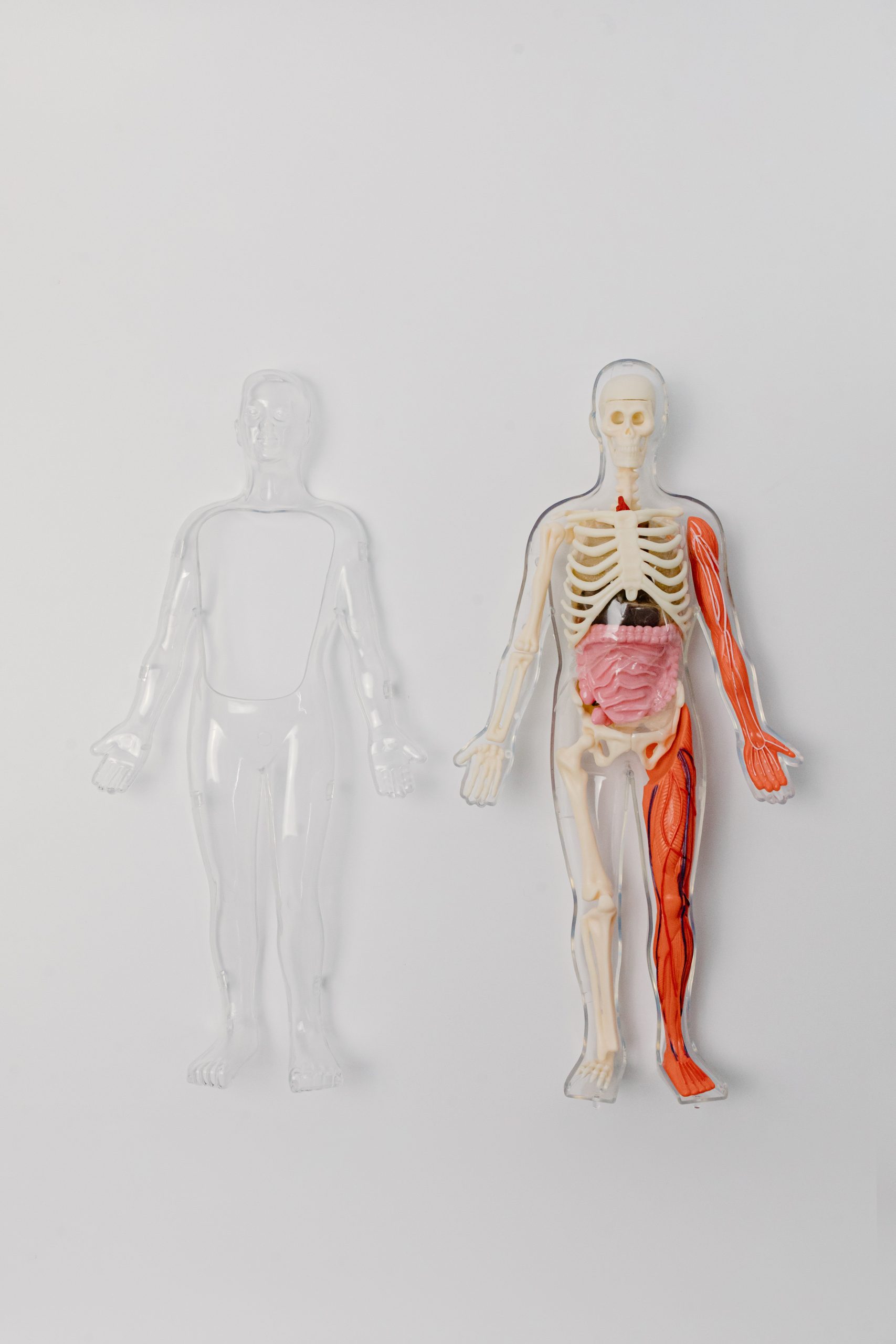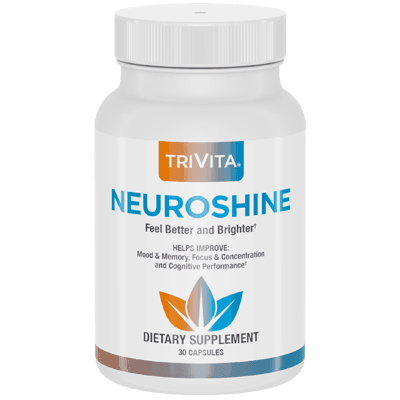Getting stuck in traffic, working with difficult people, or dealing with any of life’s inevitable challenges can leave you feeling overwhelmed and emotional. It’s during these times that most people turn to food for comfort. While it may feel right at the time, reaching for ice cream and chips can make things worse.
Maintaining a healthy diet can help counterbalance the harmful effects of physical and emotional stress. Here are seven foods and nutrients that can help ease stress and improve your well-being.
Complex Carbs and Whole Grains
Complex carbohydrates are thought to decrease stress by increasing serotonin production. Serotonin affects every part of your body and is considered a natural mood stabilizer. Foods rich in complex carbs include whole grains, such as oatmeal, quinoa, and whole-grain bread. To boost your happy hormones, avoid refined grains and simple carbohydrates like white bread, bagels, cookies, sugary foods, and drinks.
Probiotics and Prebiotics
Trillions of bacteria live within your digestive tract; this is your microbiome. These bacteria play an essential role in your physical and mental well-being. The right balance of gut bacteria helps you digest food, absorb nutrients, strengthen your immune system, and bolster your defenses against chronic diseases, such as inflammatory bowel disease and obesity. Gut bacteria diversity can also influence your mood.
To promote a healthy microbiome, add probiotic and prebiotic foods to your diet. These include foods such as kefir, kombucha, pickled and fermented foods, asparagus, onions and garlic, legumes, and fruits like apples and bananas.
Herbal Teas
Sipping a warm cup of tea can be extremely comforting during times of stress. There are many calming teas on the market today, so don’t be afraid to try a few different types to find the one that works best for you. Some of the most well-known stress-busting teas include chamomile, peppermint, lemon balm, and green tea. Green tea contains L-theanine, an amino acid, that has been shown to reduce physical and psychological effects of stress.
Adaptogens
Adaptogens are special compounds found in certain plants and foods. These adaptogens can help your body handle physical and emotional stress by either increasing or decreasing your immune response based on what your body needs. Common adaptogens include ashwagandha, maca root, and reishi mushrooms.
Add Adaptuit to your daily stress management routine and reap the benefits of powerful adaptogens plus L-theanine!
Folate
Mental Health America reports that low folate levels have been linked to depression and even dementia. Fortunately, folate (vitamin B9) is found in many fruits, vegetables, and fortified foods. Fill up on folate-rich foods such as asparagus, broccoli, spinach, oranges, avocado, eggs, beets, and bananas.
Keep in mind that other factors such as chronic disease, tobacco and alcohol use, medications, and genetics can all affect folate levels. This is just another reason to see your doctor regularly to determine if you’re low on this important nutrient.
Omega-3 Fats
Omega-3 fatty acids are beneficial in decreasing anxiety and depression, and, in turn, reducing stress. Good dietary sources of omega-3s include oily fish like sardines, herring, anchovies, as well as eggs and grass-fed meat. Plant-based options include flaxseeds, chia seeds, walnuts, spinach, and Brussels sprouts.
Crunchy Foods
When stress strikes, you’re more likely to clench your jaw and raise your shoulders. Munching on a healthy, crunchy snack such as carrots, celery, nuts, or dried banana chips can help release tension in your jaw, face, and neck, thus reducing your chances of grinding your teeth and developing a tension headache or migraine.












